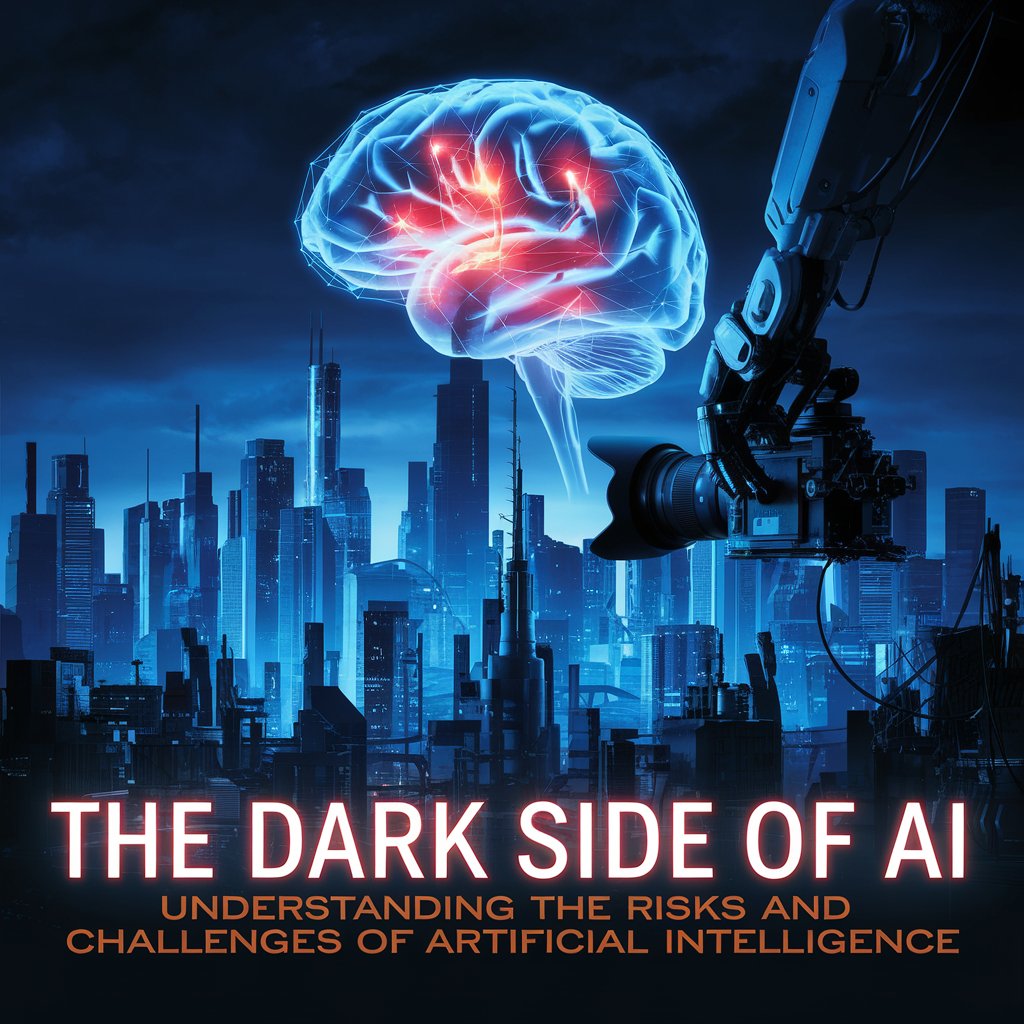The Dark Side of AI: Understanding the Risks and Challenges of Artificial Intelligence

Hey everyone!
Artificial Intelligence (AI) has been hailed as a revolutionary technology that promises to transform industries, improve lives, and drive innovation.
However, as AI becomes increasingly ubiquitous, concerns are growing about its potential risks and challenges. I am going to share my understanding and thoughts about the dark side of AI, exploring the unintended consequences of this powerful technology.
I don't say these points, thoughts are correct and/or you should agree to these. You may disagree to any or all of these and have different perspective, please guide me accordingly.
The Bias in the Machine
One of the most significant risks associated with AI is bias. AI systems are only as good as the data they're trained on, and if that data is biased, the AI system will be too. For example, a facial recognition system trained on a dataset that's predominantly white may struggle to recognize faces of people with darker skin tones.
Bias in AI can have serious consequences, particularly in areas like law enforcement, healthcare, and finance. For instance, a biased AI system used in hiring may discriminate against certain groups of people, perpetuating existing social inequalities.
Job Displacement and the Future of Work
Another significant risk associated with AI is job displacement. As AI systems become increasingly capable of performing tasks that were previously the exclusive domain of humans, there's a growing concern that many jobs will become obsolete.
While some experts argue that AI will create new job opportunities, others warn that the pace of technological change may outstrip the ability of workers to adapt. This could lead to significant social and economic disruption, particularly for workers in sectors that are most vulnerable to automation.
Cyber security Threats and AI-Powered Attacks
AI systems can also be used to launch devastating cyber attacks. For example, AI-powered malware can be designed to evade detection by traditional security systems, while AI-powered phishing attacks can be tailored to specific individuals or organizations.
As AI systems become increasingly sophisticated, the risk of AI-powered cyber attacks will only grow. This highlights the need for organizations to invest in AI-powered security systems that can detect and respond to these types of threats.
The Ethics of AI Development
As AI systems become increasingly powerful, there's a growing need for ethics to be integrated into the development process. This includes ensuring that AI systems are transparent, explainable, and fair, as well as addressing concerns around bias, job displacement, and cyber security.
However, the development of AI ethics is still in its infancy, and there's a need for greater investment in this area. This includes establishing clear guidelines and regulations for AI development, as well as providing training and education for AI developers on ethics and responsible AI development.
Conclusion
While AI has the potential to bring about significant benefits, it's clear that there are also significant risks and challenges associated with this technology. As AI continues to evolve and become increasingly ubiquitous, it's essential that we address these concerns and work towards developing AI systems that are transparent, explainable, and fair.
By acknowledging the dark side of AI and working to mitigate its risks, we can ensure that this powerful technology is developed and used in ways that benefit society as a whole.
Always DYOR, please.
Your small contribution can support me a lot.
For direct support, you can use any of the followings:
Bitcoin
1AJ9pBpcMsxHhvdupMQnw7ADoA4Xc1X5oy
Bitcoin Cash
qzcxnxw9ss67a7hs393cx3q7h5wezpdneykhysvmgc
Ethereum
0x4788643c56b7EF0389F9a657d4Ea7d7A92728815
Thanks for your support
Technology indeed can made our jobs lighter but it had lots of downfall. The most frightening is the security and it takes over people's jobs